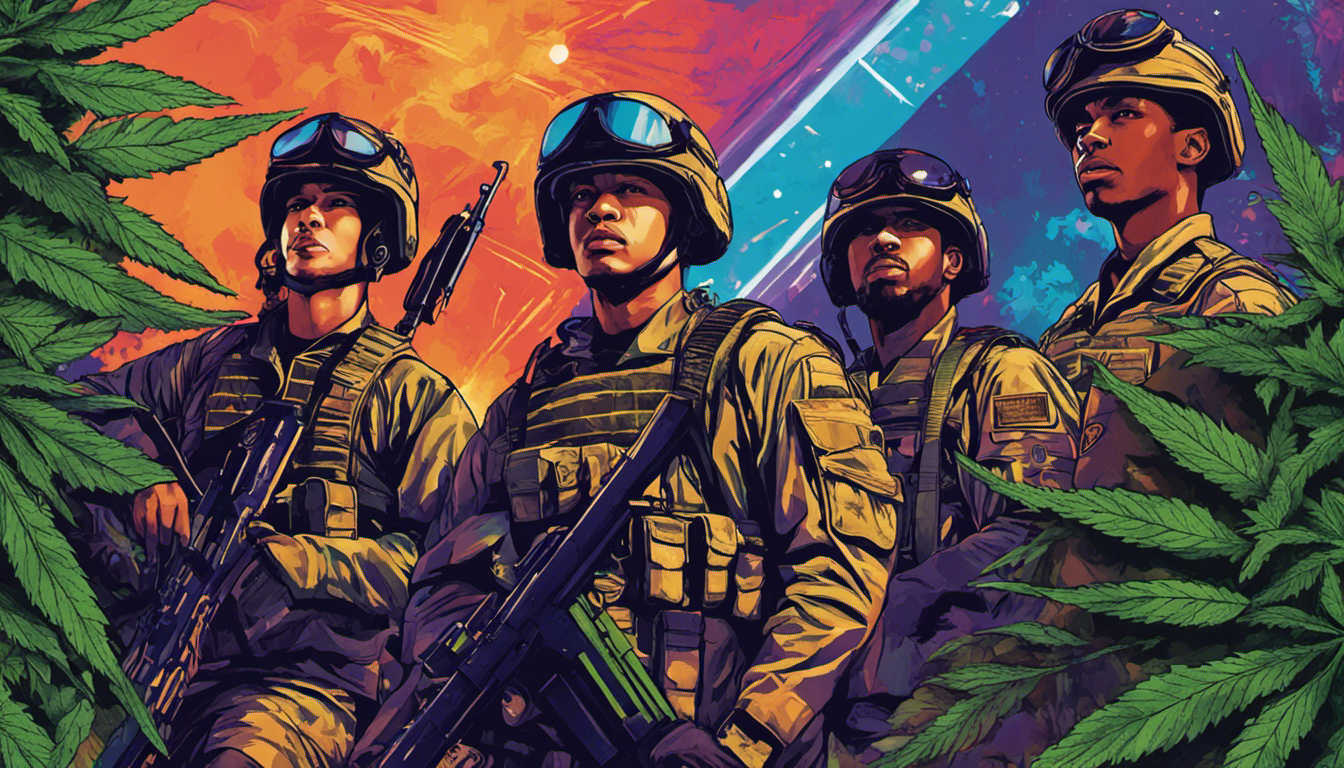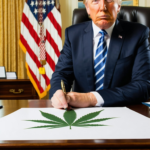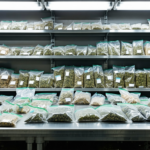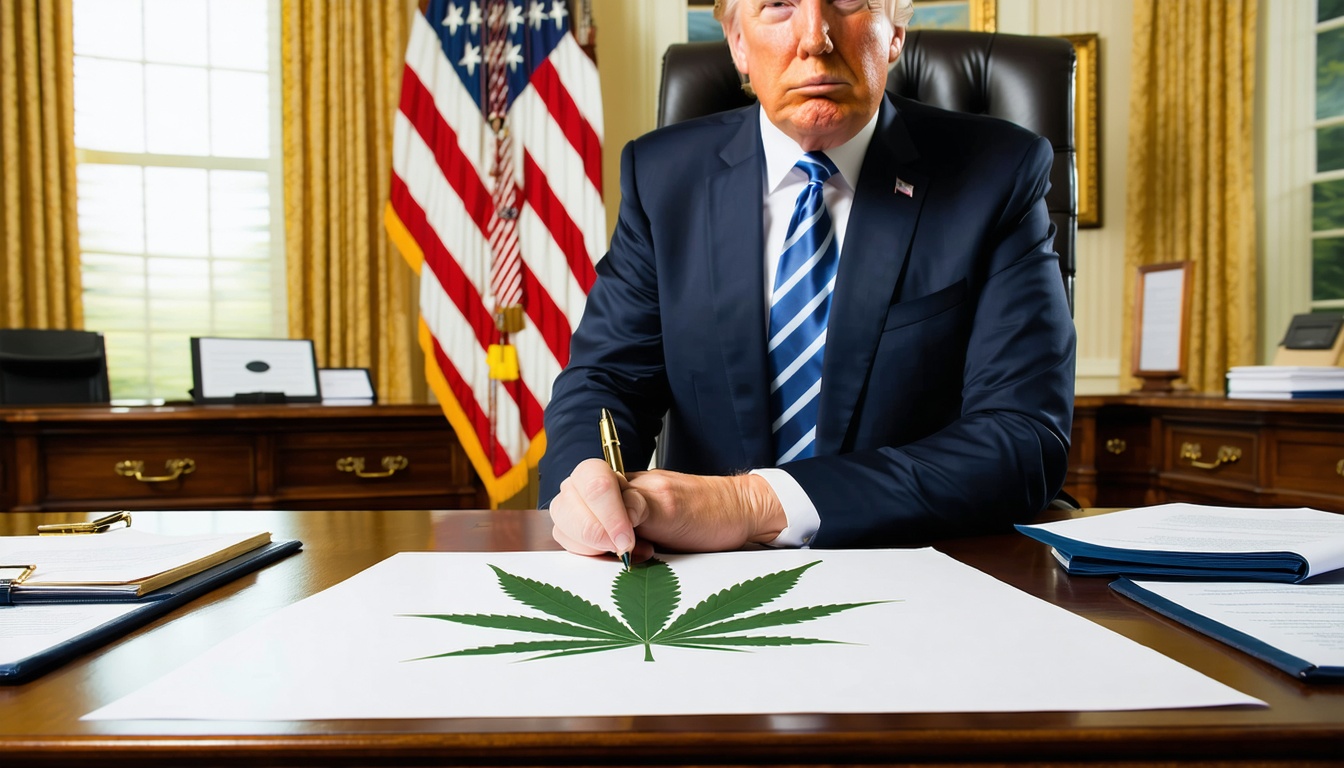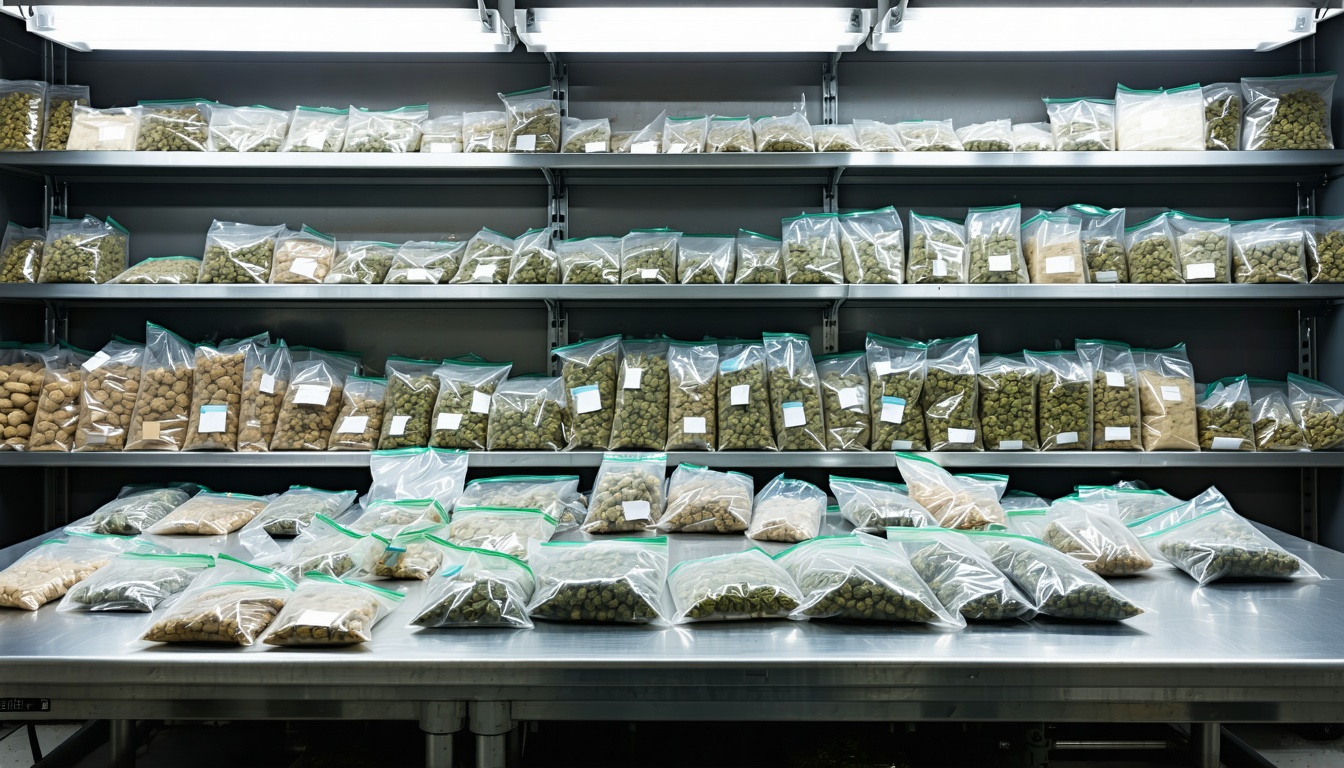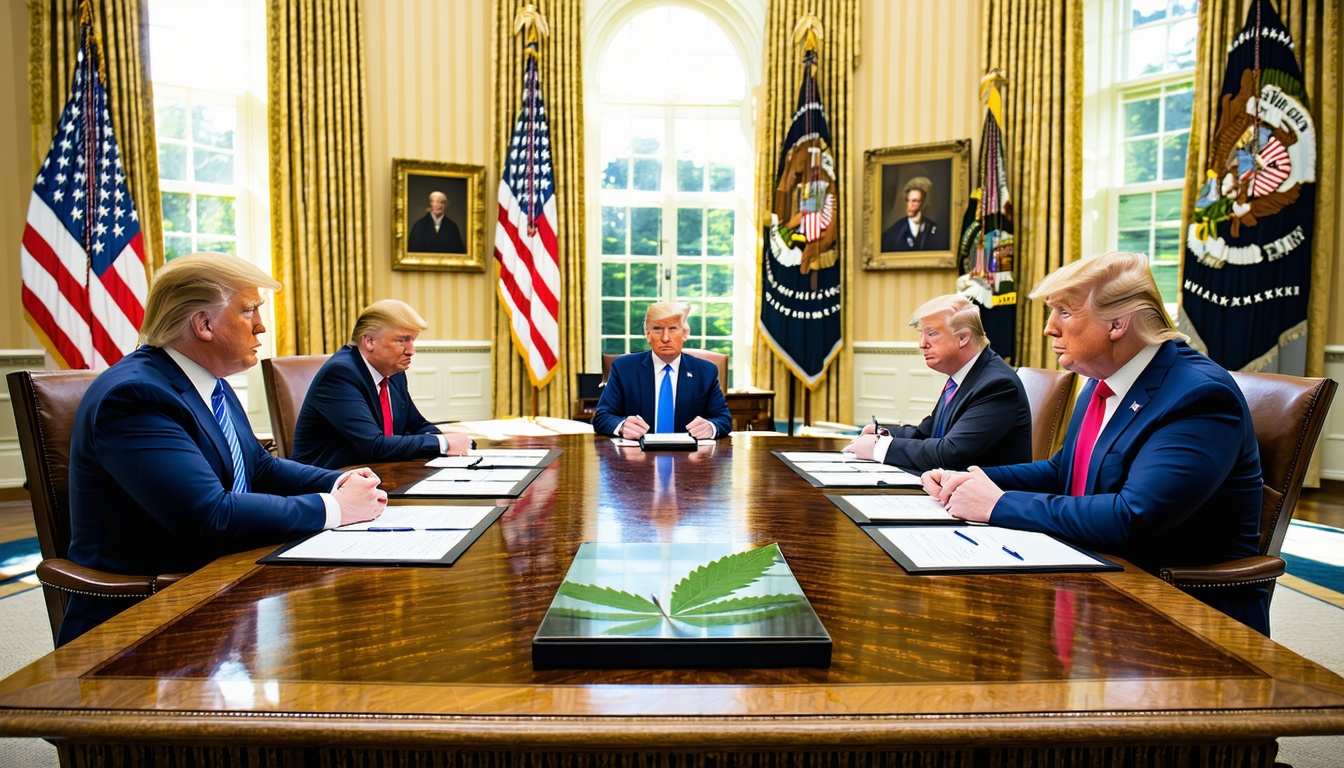A Call to Reevaluate the Military’s Approach to Marijuana Use
For nearly two decades, the military’s “Don’t Ask, Don’t Tell” policy limited the private lives of service members. Its repeal in 2011 was a significant step towards expanding the pool of eligible citizens. Now, it’s time to rethink the military’s stance on marijuana use. I propose a new policy: “Don’t Ask, Don’t Test.” The Department of Defense should stop asking about marijuana use and testing for it.
The military’s approach to marijuana is outdated and out of touch with the broader public. Like alcohol, marijuana is a recreational substance that should not be a focus of concern. In fact, the military doesn’t regularly breathalyze sailors for alcohol, so why should they test for THC?
A “Don’t Ask, Don’t Test” policy would prioritize talent, energy, and intelligence over off-duty recreational vices. It would also save time, money, and energy, as the military tests over 2 million service members annually. Commanding officers would no longer have to deal with the burden of prosecuting their own service members, and sailors would be spared the frustration of being tested.
This policy would also help with recruitment. The Navy, for example, has suffered a 20% recruitment shortfall and is lowering standards to fill the gap. Instead of accepting recruits with lower ASVAB entrance exam scores, the military could focus on recruiting from the large pool of American cannabis users. According to the National Institutes of Health, nearly 30% of 12th graders have used cannabis, and other studies show even higher numbers.
The military should focus on recruiting the best talent, regardless of off-duty recreational activities. A force that prioritizes brain over brawn is better equipped to manage complex hardware and make quick tactical decisions.
Leadership is handcuffed by marijuana being a Schedule 1 controlled substance, but they should turn a blind eye to off-duty use. The military already has a waiver program for traceable amounts of THC discovered during boot camp, and it should extend this leniency to all service members.
In conclusion, the military must adapt to changing social norms and cultural forces. A “Don’t Ask, Don’t Test” policy would be a step in the right direction, allowing the military to focus on what truly matters: talent, energy, and intelligence.

